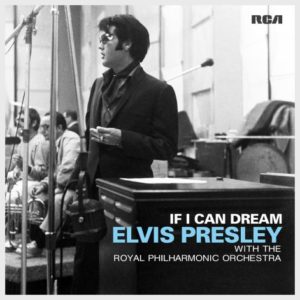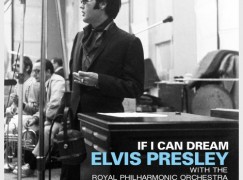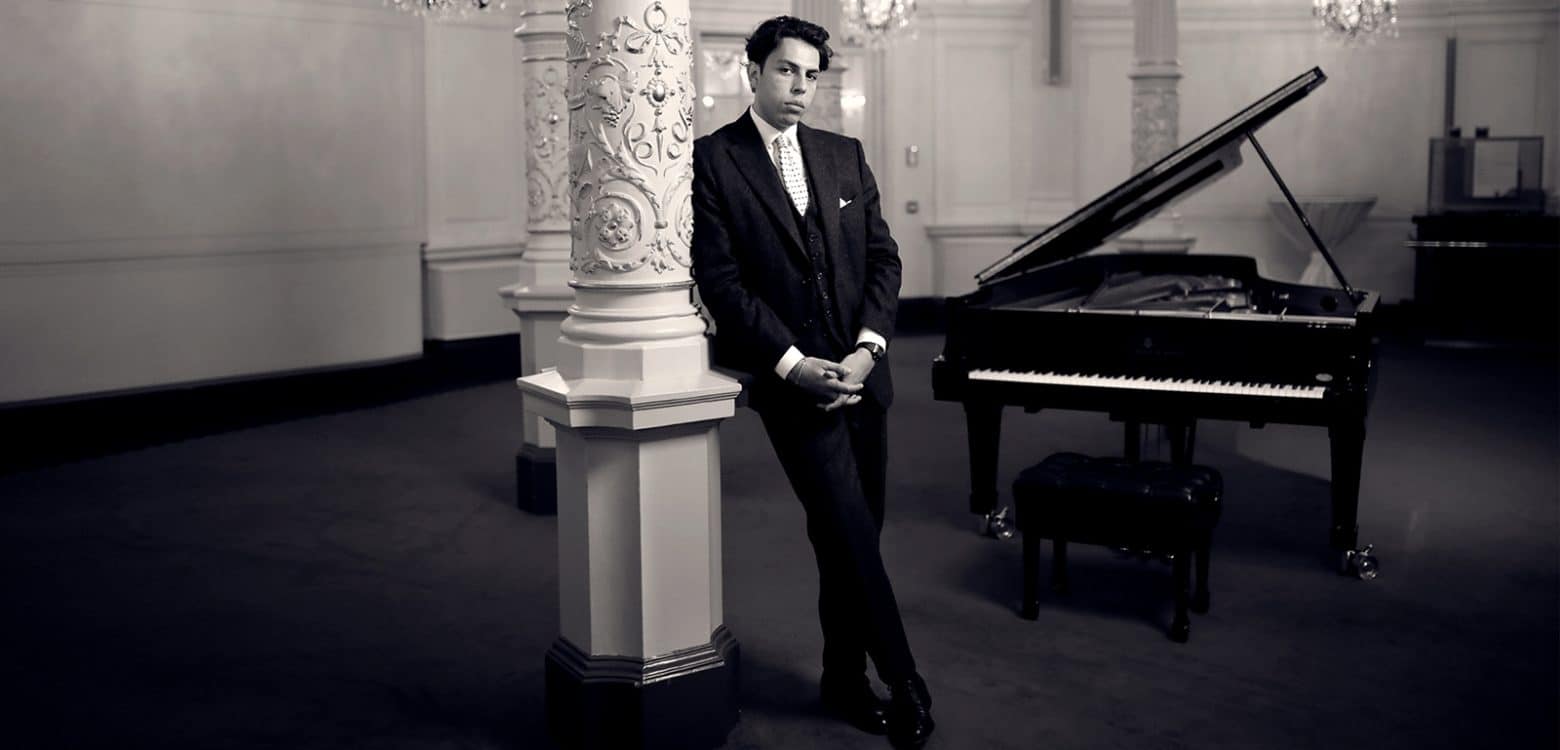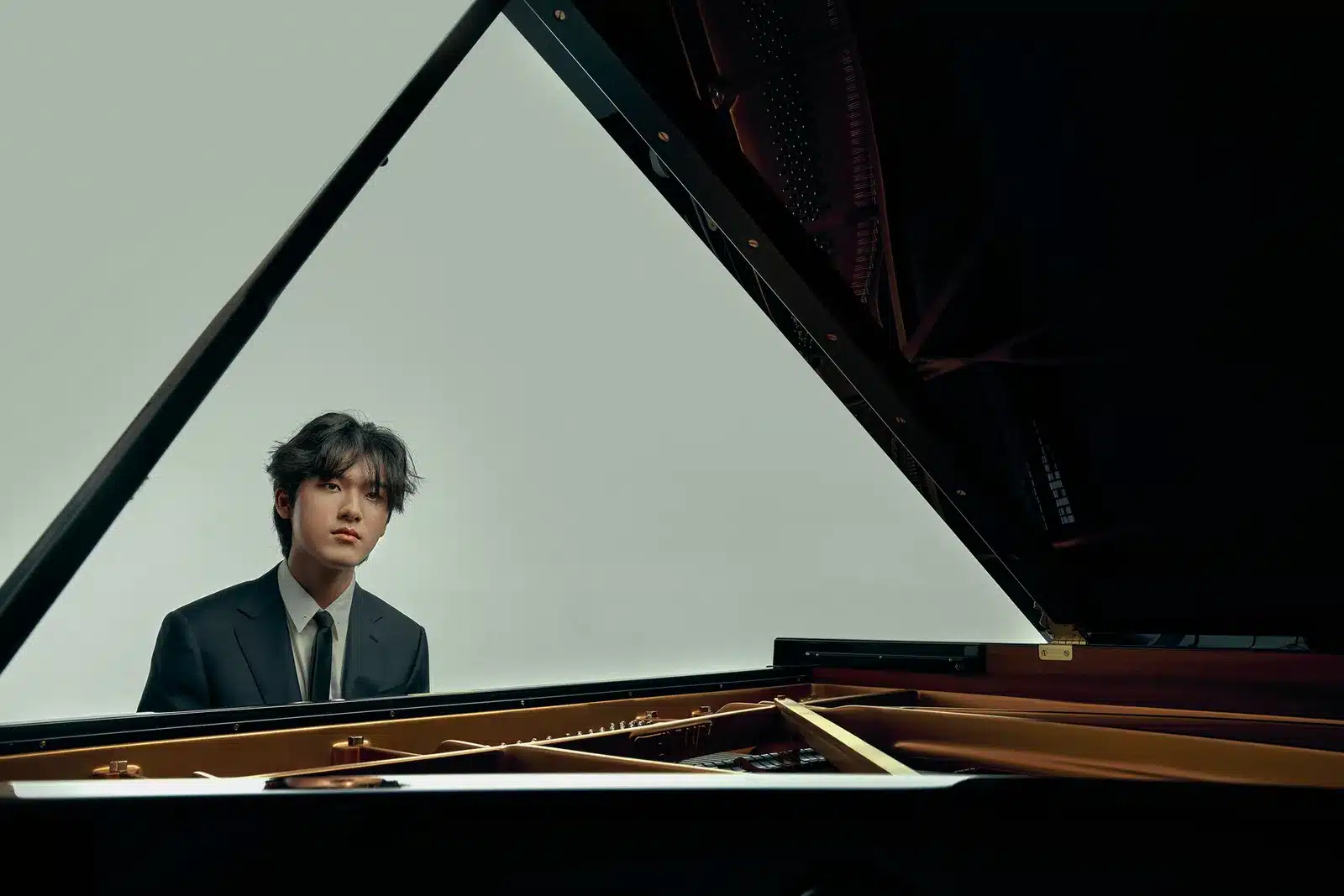US orchestra shuts down til August 2021
mainThe Nashville Symphony has cancelled the whole of next season and sent staff and 79 musicians on furlough.
Nashville says it cannot meet its $1.2 million monthly payroll.
This bodes ill for the rest of the landscape.

Here’s what they have told subscribers and supporters:
This is one of the most difficult messages we’ve ever had to write, but we wanted to let you know first,before we released this information to the public.
Today, our Board of Directors voted to suspend all concert and event activity through July 31, 2021, and to furlough a total of 79 musicians and 49 full-time staff members, effective July 1.
Like many other businesses and organizations, the Nashville Symphony has been profoundly affected by the COVID-19 pandemic: To date, we have been forced to cancel or reschedule more than 65 concerts and events, with losses thus far caused by the pandemic projected to total $8 million, or nearly 30% of our annual income.
Since March, the Nashville Symphony’s management has been exploring every available option to ensure the long-term sustainability of the institution. In light of our current challenges, we firmly believe that today’s decision is the best course of action to ensure that the Symphony can continue serving our community in the long run.
We realize this news must be terribly disappointing to you. And we want you to know that we are working hard to support our musicians and staff through this difficult transition.
Without the ability to perform for the public, we are unable to generate essential operating revenue. And without that revenue, the Nashville Symphony faces a threat to its very existence. Until we have certainty that our economy can remain open, and that audiences are ready and able to return to large public gatherings, attempting to restart concert activity poses significant risks to our institution.







Comments